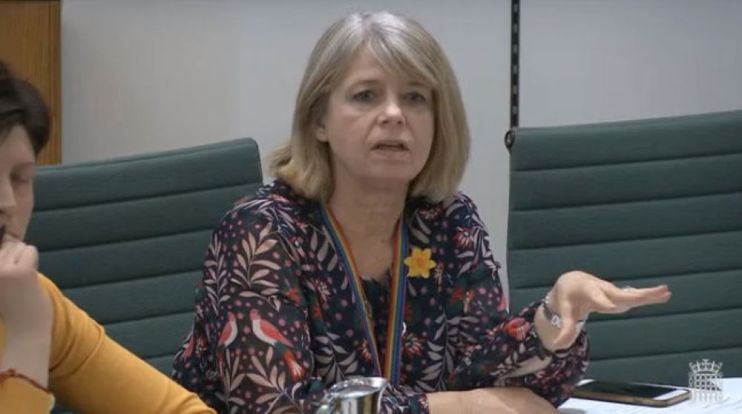Why HAVE savers missed out on interest rate rises? MPs accuse banks of ‘profiting’ in failing to pass on savings hike

MPs suggested banks were earning “disproportionate profits” by failing to pass on interest rates rises to savings accounts.
In a letter to the Financial Conduct Authority (FCA), the Treasury Committee also asked whether banks were earning “disproportionate profits” by “increasing rates on mortgages far quicker than rates on savings products”.
Earlier this month, the chair of the Treasury Committee Harriet Baldwin asked banks why their savings rates remained lower than the Bank of England’s base rate.
Baldwin noted that the Bank of England has increased its base rate to four per cent, but the interest rate banks’ savings products still remain much lower.
MPs have asked further questions of banks’ savings rate as pressure increases on the UK’s major high street lenders to pass on higher interest rates to consumers.
According to the Committee, all the UK’s major banks offered less than one per cent for their easy access savings accounts even though the base rate was four per cent earlier in March.
The committee held a session scrutinising the low interest rates offered by the banks earlier this month. Since the Committee session, HSBC has increased its rate to 1.2 per cent and NatWest has increased its rate to one per cent.
The committee also asked the FCA whether banks are relying on “customer inertia to keep their savings rates low”.
However, in letters responding to the Treasury Committee, the bank chiefs defended the rates and pointed out that other products – which involve tying money up for a longer period of time – offered higher rates of return.
“Savings in the UK is a hugely complex and dynamic market, which is why there is intense competition on rates, with prices depending on whether savers need instant access or can set their money aside for a specific period,” Lloyds’ Charlie Nunn wrote.
In the letters, the banks detailed different products available offering higher rates of return. HSBC offer savings products with interest rates of up to seven per cent, Lloyds up to 6.25 per cent, NatWest up to six per cent and Barclays up to five per cent.
HSBC’s Ian Stuart said the instant access account is “designed to give maximum flexibility…the rate offered reflects that flexibility.”
Commenting on the correspondence, chair of the committee Harriett Baldwin said: “While consumers should continue to shop around for the best rates, the information we’ve received from the UK’s biggest high street banks demonstrates there is much more that can be done.
“We anticipate that the financial regulator will want to look into this issue in further detail, in particular whether the market is truly competitive and if retail banks are relying on customer inertia to keep savings rates low,” she continued.
The bank chiefs also provided information on how many of their customers took out a new mortgage with the same provider.
Across the banks between half and three quarters of customers remortgage with their current provider.
The committee asked the FCA if it would expect more people to switch to a different provider in “a more competitive market.”